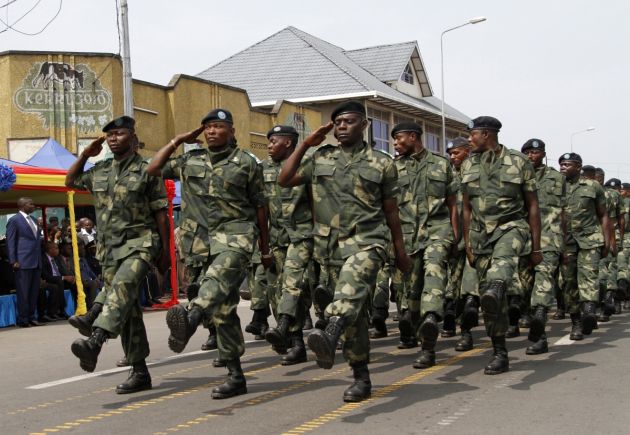World churches body and UN rights group alarmed at Congo's violent protests

GENEVA - The World Council of Churches joined the UN rights body has expressed deep concern over reports of widespread violent demonstrations in Kinshasa, Democratic Republic of the Congo, since 19 January.
Spokesperson for the UN High Commissioner for Human Rights: Rupert Colville, said, "We are alarmed by the apparent excessive use of force by law enforcement officials in the Democratic Republic of the Congo."
Colville told journalists on January 23, "More than 13 people have been killed and more than 30 injured in the context of several days of demonstrations in Kinshasa, and Goma,"
He said Congolese authorities have also restricted Internet and mobile text messaging services for more than three days.
This has disrupted communication between individuals but also creating disruption in the conduct of economic activities such as banking.
"We remind the authorities that it is the duty of the State to ensure that the rights to freedom of expression and peaceful assembly are respected."
The WCC and the UN rights body both call for restraint on all sides and for an open dialogue on the electoral process in the Democratic Republic of the Congo.
The WCC statement was issued from its headquarters in Geneva, on 22 January by acting general secretary of the WCC, Georges Lemopoulos.
"We mourn the lives lost and regret the arrests and violence against protesters that have occurred in the context of demonstrations in different areas of the capital, and which are now reported to be spreading to Goma (North Kivu) and Bukavu (South Kivu)," said Lemopoulos.
"We urge law enforcement officers not to use excessive force on unarmed civilians, and appeal to demonstrators to employ only nonviolent means of protest."
The WCC promotes Christian unity and represents more than 500 million Christians from mainly Protestant, Orthodox, and Anglican traditions in over 140 countries.
The office of the UN High Commissioner for Human Rights said that the protests began on 19 January against the passing of an electoral bill in the DRC's lower house of the legislature.
It has resulted in the detention of more than 300 individuals across the DRC including prominent members of the opposition and civil society representatives.
The electoral bill is now before the Senate and there are fears that its passage may escalate the situation and result in more violence. The bill requires the conduct of a national census before the holding of elections.
"There are fears that this could considerably postpone the next elections, which are currently scheduled to be held in 2016," said Colville.
"We urge the Government to promptly conduct a thorough and independent investigation into any excessive use of force by law enforcement officials – and in particular the reported use of live ammunition against protestors."